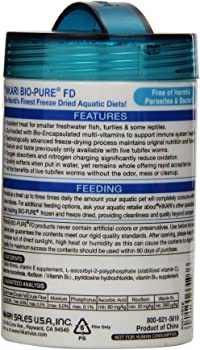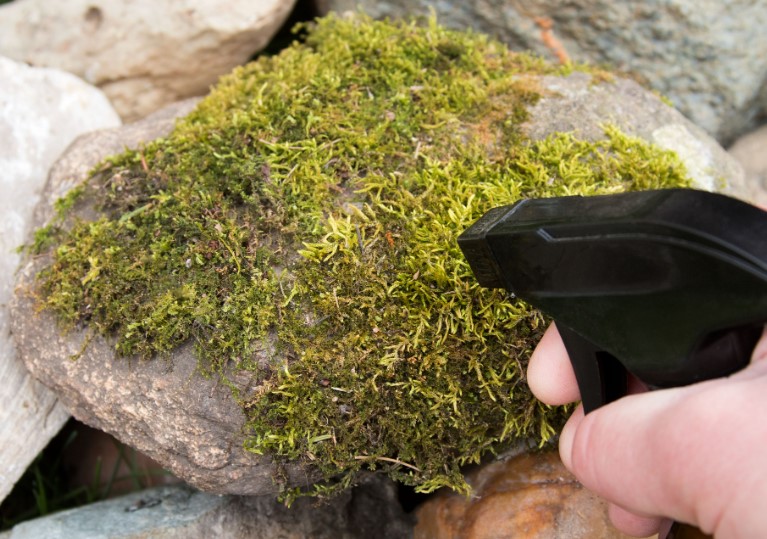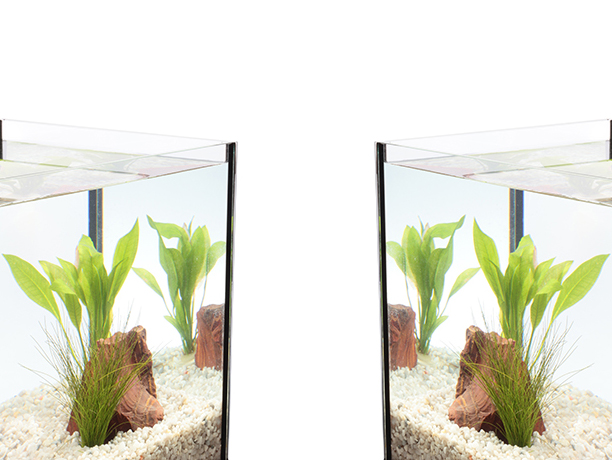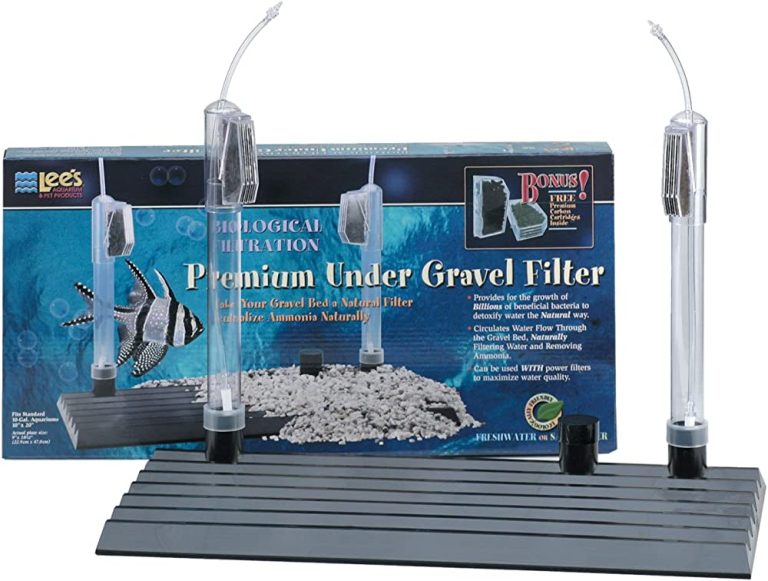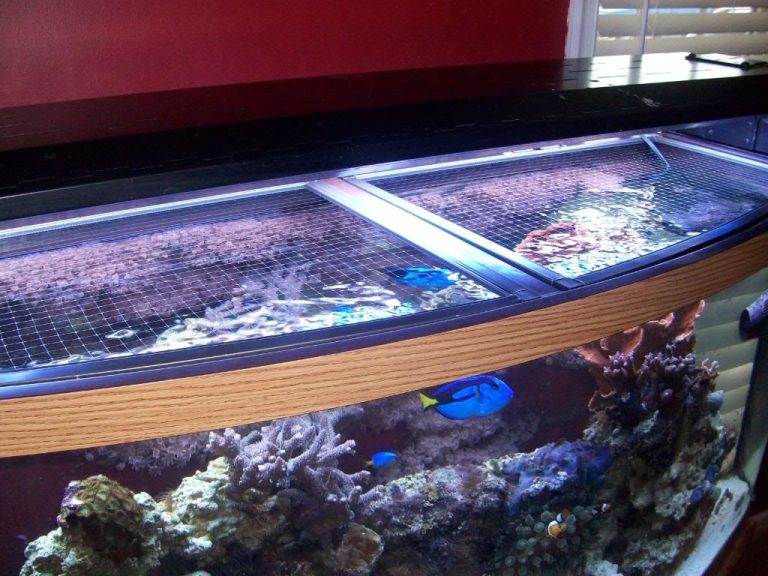Unlocking the Secrets: Is Rainwater Beneficial for Your Aquarium?
Rainwater can be good for aquariums as it is free of contaminants and chemicals. Rainwater can be a cost-effective option for fish owners who want to ensure healthy and natural living conditions for their aquatic pets.
Unlike tap water, which often contains chlorine, rainwater is free from any harmful substances such as heavy metals, nitrates, and phosphates that can cause imbalances in an aquarium’s ecosystem. Although using rainwater has its benefits, it’s essential to be cautious when collecting it and ensure that it’s free from any pollutants.
This article will delve into the topic of rainwater usage in aquariums and discuss its advantages and potential drawbacks to help fish owners make an informed decision.
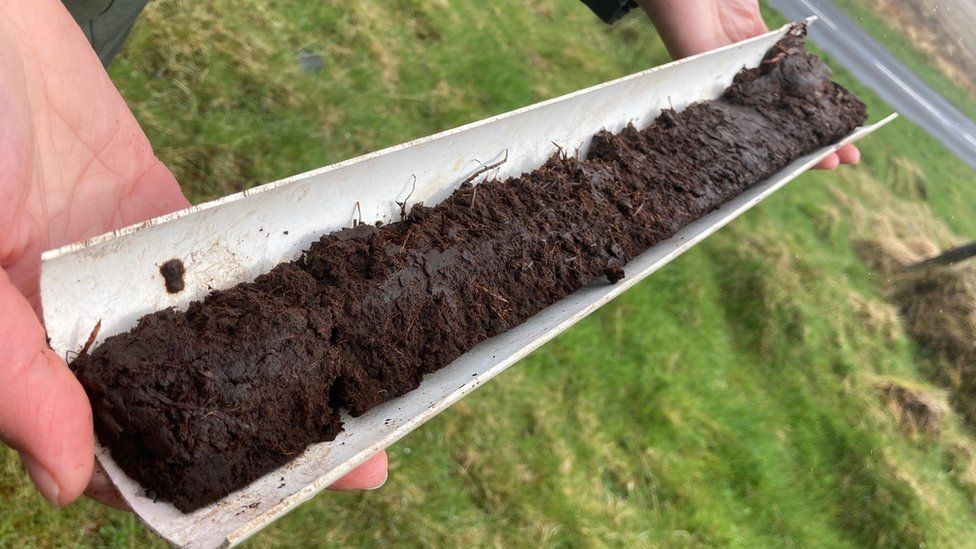
Credit: www.bbc.com
What Is Rainwater?
Rainwater is a natural phenomenon that occurs when water vapor condenses and falls from clouds. Have you ever wondered if rainwater is good for your aquarium? Let’s explore the properties, characteristics, and potential benefits of rainwater for your aquatic pets.
Definition Of Rainwater And Its Properties
Rainwater is a naturally occurring precipitation that has not touched the ground. It is usually distilled, meaning that it has low mineral content and no pollutants. When rainwater falls on roofs, trees, and other surfaces, it collects debris and impurities, but it is still relatively pure compared to other sources of water.
Properties of rainwater:
- Low mineral content
- Free of pollutants
- Slightly acidic
Characteristics Of Pure Rainwater And How It Differs From Tap Water And Other Types Of Water Commonly Used In Aquariums
Compared to tap water and commonly used aquarium water, rainwater has several distinguishing characteristics:
Rainwater vs. Tap water:
- Contains fewer minerals: Tap water often contains high levels of minerals such as calcium, magnesium, and chlorine, which can negatively impact aquatic life.
- Free of chemical additives: Tap water is typically treated with chemicals such as chlorine and fluoride that may not be suitable for aquariums.
- Ph differences: Tap water varies in ph levels depending on the source. Rainwater, on the other hand, is slightly acidic, with a ph of 5.6-6.5.
Rainwater vs. other types of water:
- Distilled water: Unlike distilled water, rainwater contains small amounts of minerals, which can enhance aquatic life and provide necessary nutrients.
- Reverse osmosis water: Reverse osmosis water filters out all particles, including beneficial minerals. Rainwater, on the other hand, contains essential minerals without the harmful ones.
Potential Benefits Of Using Rainwater In Aquariums
Using rainwater in your aquarium offers several benefits:
- Enhanced growth and breeding: Rainwater is rich in minerals, which can stimulate plant growth and reproduction in aquatic animals.
- Natural acidity: Many aquarium fish and plants prefer a slightly acidic environment, which is perfect for rainwater.
- Eco-friendly: Using rainwater reduces the need for tap water and helps limit the environmental impact of water treatment plants.
Rainwater can be an excellent option for your aquarium, provided the water is collected from a clean source and has undergone necessary filtration. If you are looking to add diversity to your aquatic pets’ diet, try using rainwater and reap the potential advantages that come with it.
The Pros And Cons Of Rainwater In Aquariums
Is Rainwater Good For Aquariums?
Aquarium enthusiasts often question whether rainwater is good for their aquatic pets. Rainwater can become a viable option for aquariums with proper treatment and preparation. However, there are certain factors to consider before incorporating it into your tank.
Advantages Of Using Rainwater In Aquariums
- Increased purity: Rainwater is free of chemicals and minerals that are found in tap water and well water. By using it, you ensure your fish are not exposed to harmful substances.
- Natural nutrients: Rainwater contains natural minerals and nutrients that can be beneficial to aquarium plants and fish. It may help promote healthy growth and a vibrant ecosystem.
Disadvantages Of Using Rainwater In Aquariums
- Potential contaminants: Rainwater is not always pure and can contain contaminants such as pollutants, bird droppings, and dirt that can cause harm to your aquatic pets. Proper filtration and treatment are essential before adding it to your tank.
- Difficulty regulating ph levels: Rainwater can have a low ph level, which can be challenging to regulate. The varying ph levels can cause stress to your fish, making it necessary to keep an eye on the water’s ph.
Comparing Rainwater To Other Types Of Water Commonly Used In Aquariums
- Tap water: Tap water is the cheapest option available, but it contains chemicals such as chlorine and heavy metals that can be harmful to your fish. It’s crucial to treat tap water with a dechlorinator before using it for your aquarium.
- Well water: Well water can be safe and free from chemicals, but it can contain high levels of minerals such as iron and calcium carbonate, which can cause algae blooms, cloudiness, and clog filters.
- Distilled water: Distilled water is pure, but it is stripped of minerals that are essential for a healthy and thriving aquatic ecosystem.
Rainwater can be a viable water source for aquariums, but it requires proper filtration and treatment. It’s essential to weigh the advantages and disadvantages of using it compared to other water sources to ensure the health and safety of your aquatic pets.
How To Collect And Use Rainwater For Your Aquarium
Incorporating rainwater into your aquarium can have several benefits. It’s not only eco-friendly, but it’s also an economical source of water. However, if done improperly, it can cause adverse effects on your aquatic creatures. In this section, we will discuss how to safely collect and use rainwater for your aquarium.
Step-By-Step Guide To Safely Collect And Store Rainwater For Aquarium Use
Collecting and storing rainwater is a relatively easy process. Here are some simple steps to follow:
- Choose a clean, flat, and stable surface to safely collect rainwater.
- Install a gutter system to ensure you capture as much rainwater as possible.
- Connect a downspout to your collection container, which should be food-grade plastic or glass and placed in a shaded area.
- Use a mosquito net to prevent insects from laying eggs in the container.
- Test the rainwater to ensure it’s free from pollutants before using it in your aquarium.
Testing And Adjusting Ph Levels For Optimal Aquarium Conditions
One significant concern with using rainwater in your aquarium is its ph levels. It has a tendency to be acidic, which could be harmful to aquatic life if not properly adjusted. Here’s how to test and adjust its ph levels:
- Test the collected rainwater using a ph testing kit.
- If the ph is too low, meaning it’s acidic, adjust it by adding a ph buffer to it.
- Continue testing the water until it reaches the desired level.
- Make sure to monitor the ph level of your aquarium regularly.
Instructions For Introducing Rainwater To Your Aquarium
Introducing rainwater into your aquarium should be done slowly and gradually to prevent shock to your aquatic creatures. Here’s how to do it:
- Start by adding a small amount of the rainwater, around 10-20% of the aquarium’s volume, to the tank.
- Monitor the ph levels and water temperature regularly and adjust it accordingly.
- Gradually increase the amount of rainwater over time until it makes up around 50% of the aquarium’s volume.
- Continue to monitor and maintain the ph levels and water temperature to ensure optimal conditions for your aquatic pets.
By following these simple steps on how to collect and use rainwater for your aquarium, you can have peace of mind knowing it’s safe for your aquatic creatures. So why not incorporate this eco-friendly and economical source of water into your aquarium set-up now?
Best Practices For Using Rainwater In Your Aquarium
Is Rainwater Good For Aquariums?
Rainwater is a great source of freshwater for aquariums, but using it improperly can lead to unwanted consequences. This section will focus on the best practices for using rainwater in your aquarium.
Tips For Maintaining The Quality And Safety Of Your Aquarium Water With Rainwater
When using rainwater in aquariums, it is important to take the following steps to ensure that the water remains safe and of high quality:
- Collect rainwater in a clean container – this helps prevent contamination, which could affect the health of your fish.
- Filter the water before adding it to your aquarium – filtering removes impurities that could be harmful to your fish.
- Test the water for any abnormalities – this is important to ensure that the water is well-balanced and free from pollutants.
Precautions To Take When Using Rainwater In Aquariums, Including Filtering And Quarantining Fish
While rainwater is a great water source for aquariums, it is important to take necessary precautions before using it. The following are some precautions that you should take when using rainwater in your aquarium:
- Filter the rainwater before adding it to the aquarium – this helps remove any impurities from the water that may harm your fish.
- Quarantine new fish after introduction – this helps prevent contamination in the aquarium water in the event that the new fish are carrying any diseases.
- Test the water frequently for any abnormalities – this is important to ensure that the water remains safe for your fish.
How To Maintain The Proper Balance Of Minerals And Nutrients In Your Aquarium With Rainwater
Using rainwater in your aquarium can affect the balance of minerals and nutrients, which could lead to poor water quality and sick fish. Here are some steps you can take to ensure that the proper balance is maintained:
- Test the water frequently – this is important to detect any imbalances and correct them before they become serious problems.
- Add a water conditioner – a water conditioner will neutralize chloramines and chlorine that are present in tap water.
- Supplement the aquarium with necessary minerals and nutrients – this helps ensure that your fish remain healthy and vibrant.
Using rainwater in your aquarium offers many benefits, but proper precautions must be taken to ensure its safe use and to maintain a healthy living environment for your fish. By following the tips outlined above, you can enjoy the benefits of rainwater in your aquarium and provide the best care for your fish.
Frequently Asked Questions On Is Rainwater Good For Aquarium
Is Rainwater Safe For Aquarium Fish?
Rainwater is generally safe if it’s properly collected, filtered, and dechlorinated before use.
How Can I Collect Rainwater For My Aquarium?
You can collect rainwater by placing a clean container outside during rainfall and adding a fine mesh screen to filter debris.
Can I Use Untreated Rainwater In My Aquarium?
No, you should never use untreated rainwater in your aquarium. It can contain harmful pollutants, chemicals, and bacteria.
What Are The Benefits Of Using Rainwater In My Aquarium?
Rainwater has a lower ph and hardness compared to tap water. It can also contain natural minerals and nutrients beneficial for aquatic plants.
Conclusion
As a conclusion, rainwater is beneficial for aquariums, but only when collected and used correctly. It is important to avoid using rainwater that has been contaminated by pollutants, chemicals or acidic components. Using untreated rainwater can also present some risks, such as altered ph levels and changes in water hardness.
However, if you are able to collect and treat rainwater properly, it can save money, reduce waste and provide a healthy and natural environment for your aquatic pets. Always consider the source of the rainwater and follow proper treatment methods before using it in your aquarium.
It is an economical and eco-friendly alternative for aquarium owners, but it requires some extra care and preparation to be suitable for use. Following these guidelines, rainwater can be added to your list of options for a healthy and thriving aquarium.

